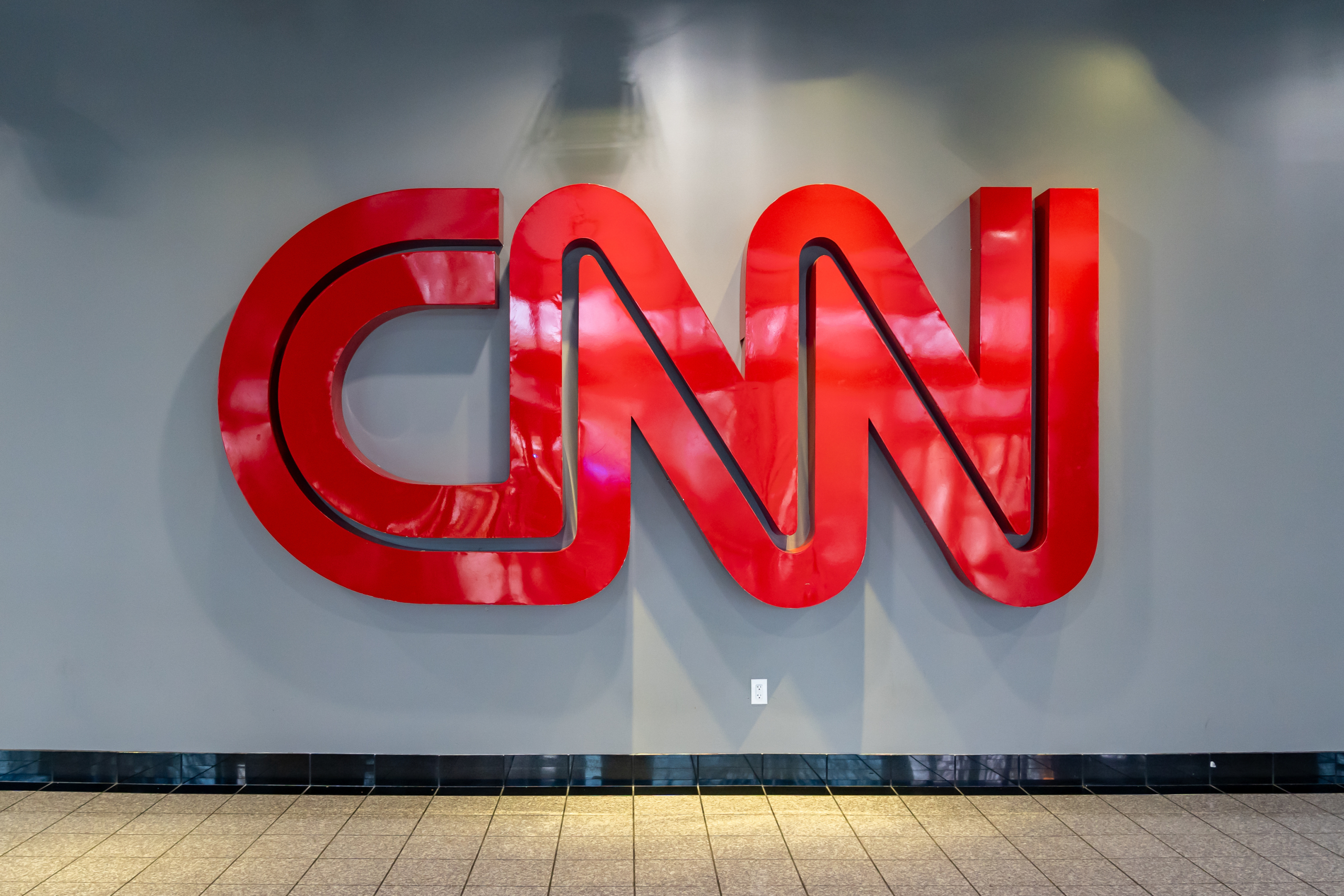In recent weeks, the relationship between CNN’s president, Jeff Zucker, and America’s president, Donald Trump, has been in the spotlight.
First, leaked audio—which I mentioned previously, and which the New York Times also focused on—showed the ways in which Zucker sought to help Trump in 2016. Then, when the Times began to reveal details of Trump’s recent tax returns, it emerged that a torrent of money and fame—without which it seems unlikely he’d still be in public life—came via “The Apprentice,” which Zucker produced while he was at NBC. And finally, of course, came the recent presidential debate, which CNN covered, as it covers everything, in a bombastic effort to garner ratings.
The network is evidently sensitive about criticism of Zucker—after I wrote about him, it sent a complaint about the use of its logo in CJR’s public editor project. And so I spent the week talking to people who had worked closely with him to try and get a sense of who he truly is, the good and the bad, in the light of CNN’s debate coverage—the first major event since news began emerging about Zucker and Trump’s long symbiosis.
The relationship between Zucker and Trump makes some journalists cringe, but it makes sense if you understand the concept of ‘information as entertainment.’ When I watched the first debate, I couldn’t help but recognize that concept.
First, the good. Even those who despise the television-news industry say that Zucker is willing to listen, open-minded, and able to self-correct when needed. One said that he is an excellent steward for CNN at this difficult moment.
But priorities have also shifted on his watch. As an example, the previous CNN president, Jim Walton, rarely asked for weekend viewership numbers. Zucker demands them as a matter of course. That jibes with what a former NBC executive recently told the Times about Zucker: “He’s a ratings whore — and I’m telling you that as a ratings whore.”
That might seem hard to square. But in my experience, producers are often paradoxical. They are very capable, have impressive historical knowledge, and know what’s newsworthy. They also internalize the need to rate, and worship it like a God.
The relationship between Zucker and Trump makes some journalists cringe, but it makes sense if you understand the concept of “information as entertainment.” When I watched the first debate, I couldn’t help but recognize that concept.
Some of those inside CNN told me they valued the addition of Daniel Dale as a fact-checker. They see him as purely journalistic. But I couldn’t help but think that his rapid-fire observations of Trump lies—during the debate, and in general—make tasty fodder for the Trump haters in CNN’s audience. It’s outrage television, and I have to think that is deliberate. Indeed, one former audience analyst confirmed that outrage really does drive ratings.
Looked at in that light, Wolf Blitzer’s description of “the most chaotic presidential debate I’ve ever seen,” Jake Tapper’s condemnation as “a hot mess inside a dumpster fire inside a train wreck” and Dana Bash referring to it as “a shitshow” are pretty irresponsible and ratings-focused comments.
I understand the challenge. It’s unconscionable to refuse to condemn white supremacists like Trump did, and it’s outrageous to defy the moderator. But it’s not at all surprising. As CJR’s editor Kyle Pope wrote this week, perhaps it’s time to accept that Trump is this way, and does these things, and that there is no normal to be found—and therefore no outrage to be mined either.
There was another world, in which they ceased to clutch their pearls and focused on the bigger picture—which was ultimately, in my eyes, a deft performance by Biden under very difficult circumstances. Instead, CNN analysts expressed surprise at an outrageous politician acting outrageously.
Maybe we’re all used to the inflated Trump coverage by now, and our journalistic barometers are broken. I imagine it’s also possible that sometimes personal relationships act as blinders or muzzles. Either way, I can’t help but feel that until CNN lets go of its ratings obsession, they will continue to do viewers a disservice during this critical election.
THE MEDIA TODAY: Questions without answers in Trump’s COVID diagnosis
Ariana Pekary is the CJR public editor for CNN. She was an award-winning public radio and MSNBC journalist for two decades. Now she focuses on the systemic flaws of commercial broadcast news. She can be contacted at publiceditors@cjr.org or on Twitter @arianapekary.

